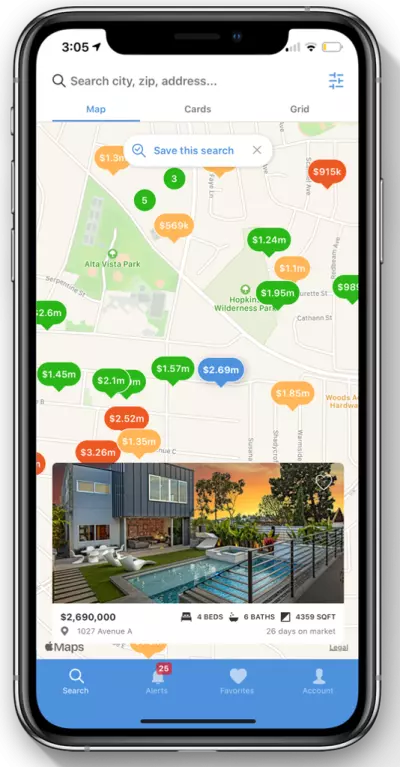The Pitfalls of Overinvesting in Custom Real Estate Apps from Non-Specialists

Technology is the key driver in the dynamic environment of real estate thus it should be embraced to make service delivery efficient and client-centric. Nowadays, bespoke RE applications are indispensable for agents and agencies as these tools vary from general, to offering specific functionalities for particular business realities. However, spending too much on custom real estate apps created by people who are not IT specialists can lead to several negatives affecting productivity and business sustainability.
Understanding the Risks
Lack of Industry Expertise
Over investing in custom real estate apps from non specialists can lead to numerous problems. One of the primary risks is the lack of industry-specific knowledge. Developers who are not familiar with the real estate sector may fail to understand the unique requirements and challenges that real estate professionals face. This knowledge gap can result in apps that do not effectively address critical needs, ultimately causing frustration and inefficiency.
High Costs with Low ROI
Such applications are developed by people who are not professionals in this field, which means that such an extension can cost substantial amounts of money, however, the expected profit per investment can be very small. These developers may charge highly for their services, yet at the end the expected performance may not be achieved. The fact that a product or service can be very cheap but its functionality is low, can stretch any organization’s budget and diminish the overall profitability of the real estate business.
Common Issues with Non-Specialist Development
Inadequate Features and Functionality
Among all the possible shortcomings, the creation of applications that do not have critical functions is considered to be one of the most cardinal. Some general web developers can be oblivious to core features like; easy property listing, third-party CRM, and powerful search engines. Lack of these features might mean the app will not offer much benefit to real estate agents and their clients.
Poor User Experience
In real estate, an application is only as strong as the experience users have utilized it since the usability of the application is critical in determining the number of downloads. Sometimes, the abstract and frequently technical developers who release apps do not pay due emphasis on UX, and they end up making their interface awkward and complex in the extreme, turning off the users. Failure in the design of an app causes low click-through rates and reduced efficiency in what is expected to be achieved.

Long-Term Consequences
Maintenance and Support Challenges
Focusing on such custom real estate application creation also results in one more drawback: the time and money necessary to support and update the application created by teams that are not experts in this sphere. Professional developers might not have the time or inclination to continue supporting the application, update the code frequently, and fix problems posed by hackers and viruses. This may present real estate agencies with a problem wherein they have poorly developed and unsupported in-house apps that cannot adapt to present industry requirements and newer technologies.
Security Risks
Security is one of the significant factors in the real estate business since the company deals with the clients’ data and financial operations. Inexperienced developers who are not aware of the necessities of application security will not be able to put measures that would protect the app from cyber threats. An incident such as this one is fraught with legal implications and can cost a business its clients.
Strategies for Avoiding Pitfalls
Partner with Industry Experts
Thus, the mistake of investing too much money in specialized applications carried out by non-competent developers should be solved by engaging only experienced specialists familiar with the real estate market. These specialists know the requirements of real estate agents and can design apps that will be helpful.
Evaluate Developer Portfolios
You must analyze their work and projects before you engage a development partner firmly. Check for the app development success rates and ratings from the clients. This due diligence can also assist in sourcing an experienced developer to develop a quality product for the project.
Conclusion
Therefore, it is possible to conclude that various customized applications can have a very positive impact on business processes in real estate companies, yet it also makes over-reliance on solutions that were bought from non-professional developers very problematic. For the weaknesses, the lack of various features and usability issues are just the tip of the iceberg; in the long run, contend with maintenance and security problems. To get the most out of custom real estate apps, one should work with developers who are familiar with the specifics of the sphere.
In this form, informed decisions, prioritizing industry experts, and minimizing fallacies will help attain technology’s total strategic mastery in the entrepreneurship of real estate professionals.
Previous Posts: